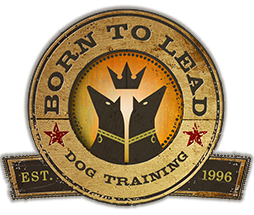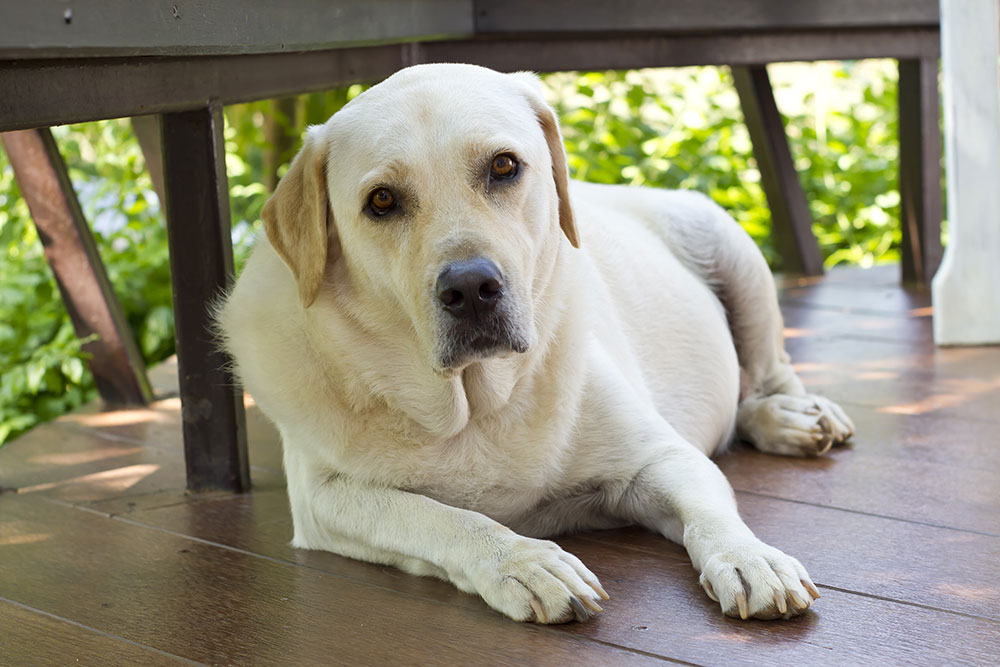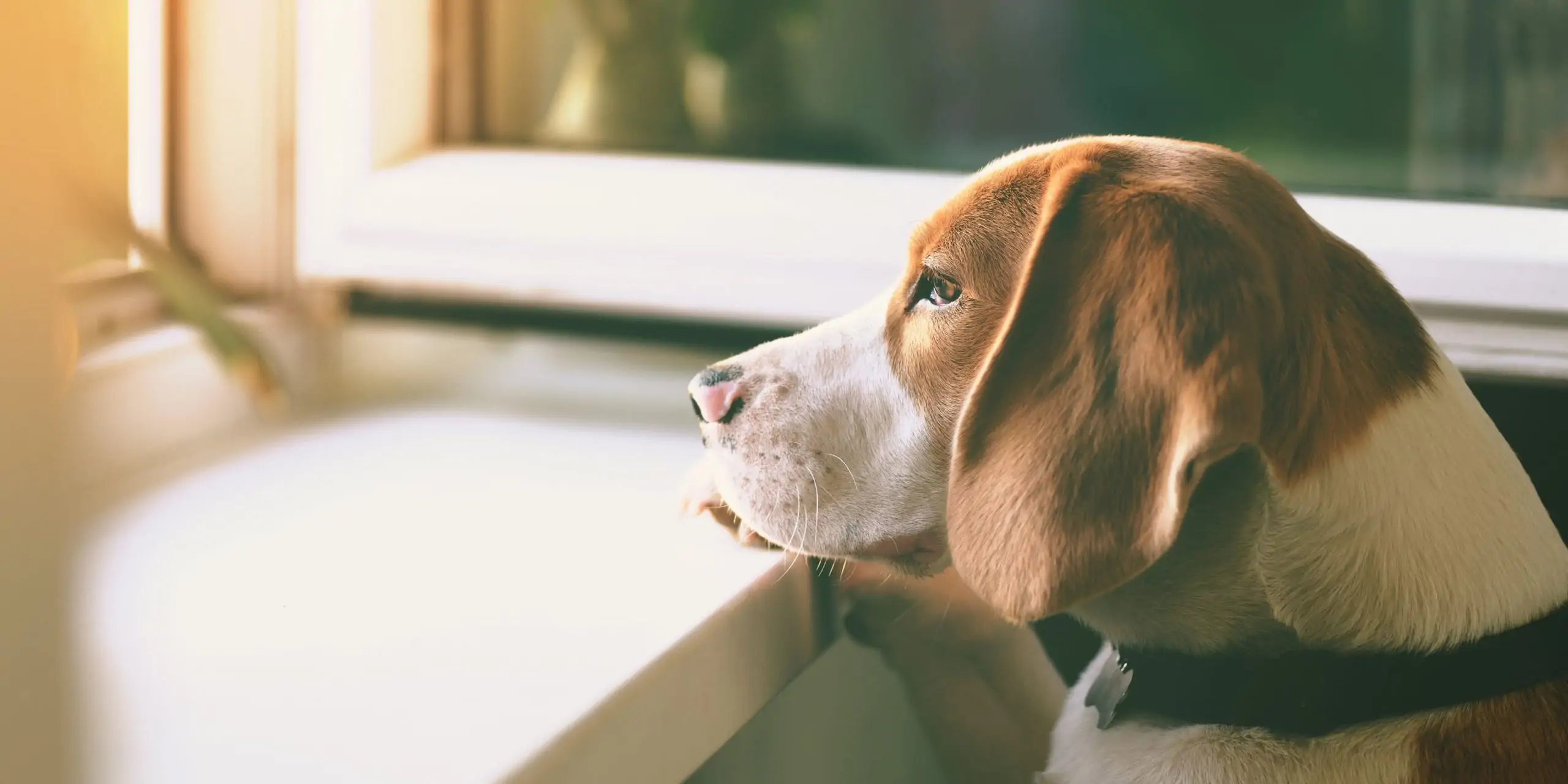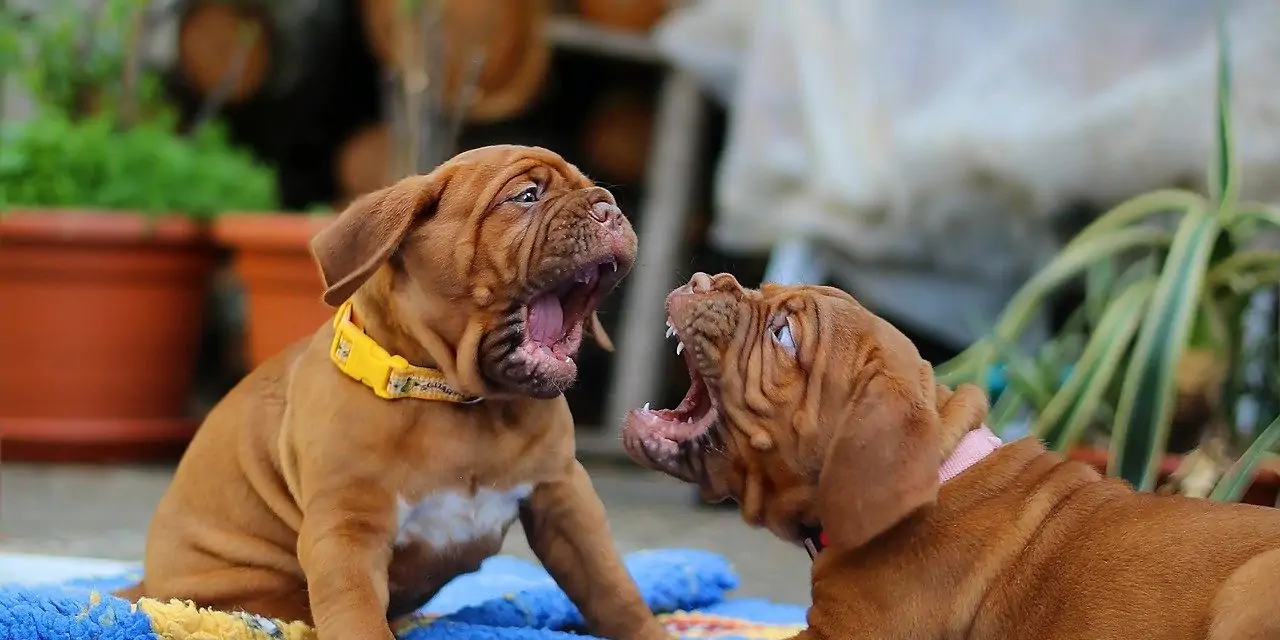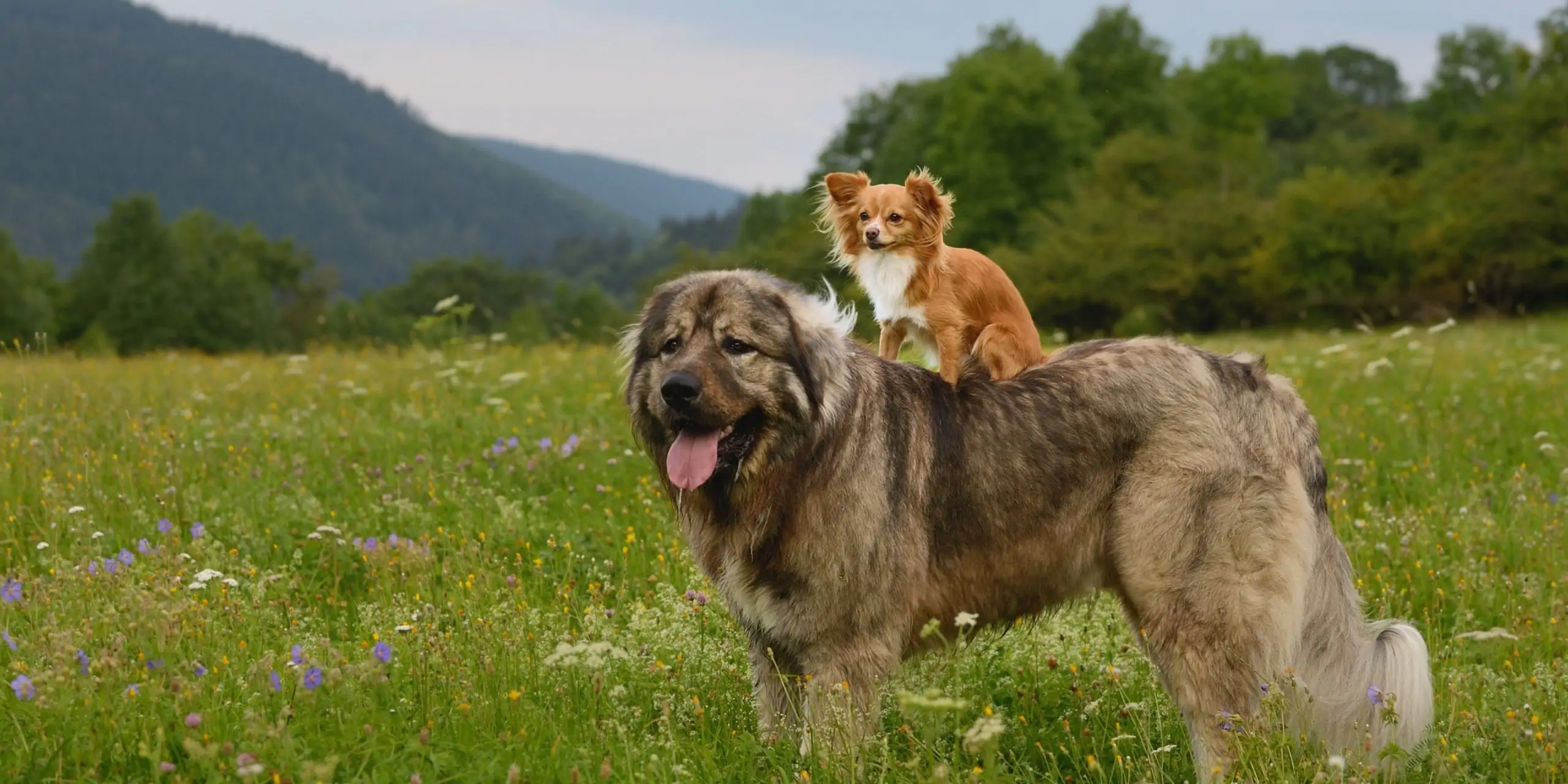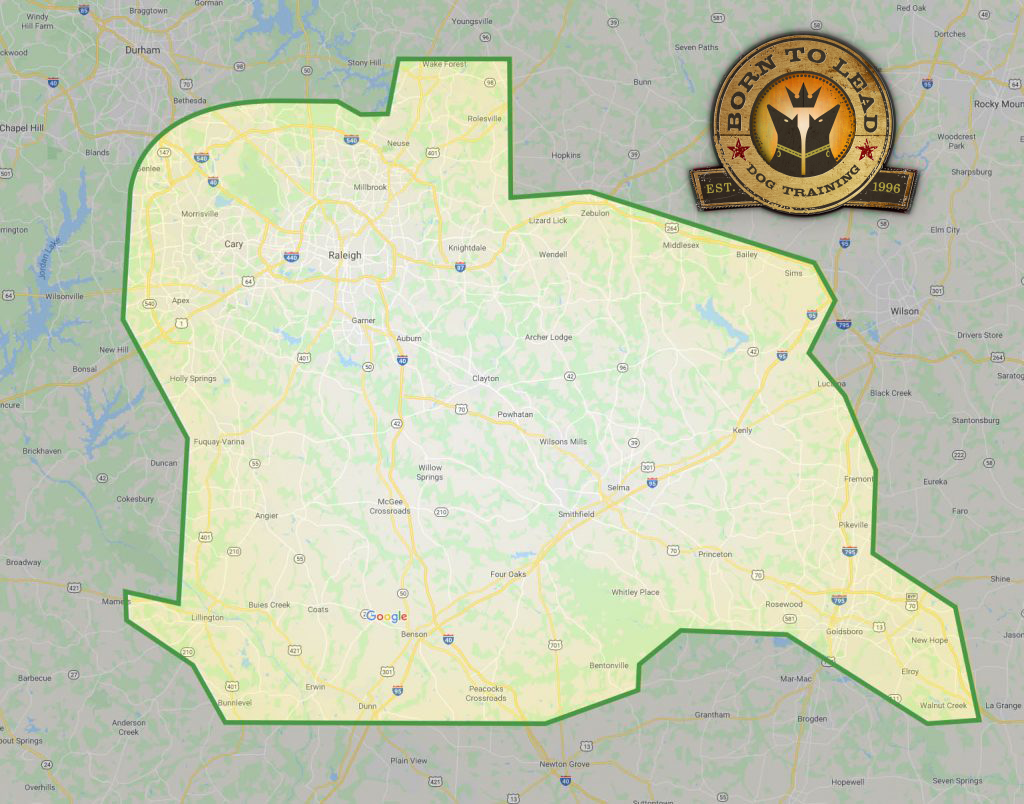If you’re a dog owner, it is imperative that you are familiar with a potentially deadly canine condition known as Bloat or GDV. Minutes count with dogs suffering from an attack of Bloat/GDV, and immediate veterinary intervention is imperative.
Bloat is a top killer of dogs. Bloat can affect any dog of any size, though it is most common in large and giant breeds with deep chests. Dogs that suffer from anxiety seem more likely to bloat. A Purdue Study suggests that the risk of Bloat was increased by 257% in fearful dogs versus non-fearful dogs. It is estimated that 60,000 dogs in the United States are affected by Bloat each year, and 33% of them die as a result.
What Is Bloat?
Bloat is an acute medical condition characterized by a rapid accumulation of gas, food, liquid or a combination of these in the stomach. This accumulation causes the stomach to Bloat; however, when the filled stomach twists, it is referred to as torsion or volvulus. Both conditions can be life-threatening. If the stomach twists, the dog can go into shock within minutes.
Classic Symptoms of Bloat:
- Restlessness
- Distended Belly
- Retching
- Unproductive Vomiting
- Apparent Distress
- Excessive salivation/drooling
- Dog’s stomach feels taught, like a drum
- Dog repeatedly turning to flank/abdomen
Risk Factors of Bloat:
- Many theories are out there with no definitive conclusions as to causes
- Most widely recognized cause – anatomical (deep-chested dogs)
- Having a first-degree relative that has suffered a bloat episode
- Extremely stressed or fearful dogs
- Dogs that eat rapidly
- Dogs that are fed only one large meal per day
- Dry dog foods that contain high levels of fat
General Suggestions:
- Do not exercise your dog 90 minutes before or after a meal
- Feed a high-quality dog food
- Feed your dog 2-3 smaller meals per day instead of 1 large meal
- Do not get a dog with a first-degree relative that has bloated
- Be aware of the early signs of Bloat
- Know in advance where 24-hour emergency vet care is and know how to get there
- If you notice symptoms of bloat during the night, don’t wait till morning to get veterinary help. Bloat is an emergency!
Talk to your veterinarian if you have any questions about Bloat/GDV.
